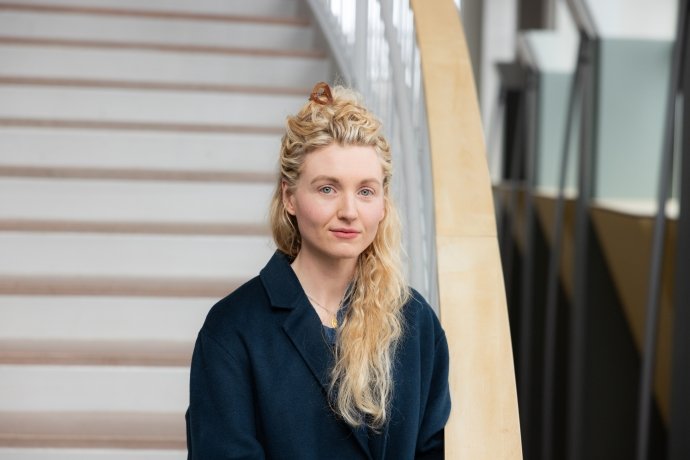
Cassandra Sever is interested in crises of collective despair, cultures’ alignment to the Sacred, and how sacred commitments drive cultural change. Her work begins with the ontology of the human person, seeking to develop new ways of understanding cultural transformation and pressing social problems. She is currently building a theory to explain how collective despair unfolds across cultural time and what drives crises. This theory accounts for widely recognized forms of despair, such as suicide and mental health epidemics, as well as those that scholars may struggle to identify due to their own moral and social commitments. These include social phenomena that thinkers have termed “hate-based,” “profane” and “irrational,” such as far-right populism and the nostalgia for totalitarianism. She is particularly compelled by conflicts between cultural elites and everyday persons, and how scholars’ interpretation of these conflicts reveals their own connection to the Sacred.
Working within the Platonic intellectual tradition, Sever hopes to create a new sociological concept of the self -- a sacred self. She argues that an orientation to the Sacred is a fundamental yet frequently overlooked feature of the human person, one that must be recognized and integrated into social research. She critically examines how cultural elites, and the moral institutions they structure, shape sacred commitments and access to the Sacred; how knowledge of what is sacred spreads through culture, and how these natural processes can create inequalities of meaning that lead to despair.
Sever uses discourse analysis and meaning-centered cultural sociology to reveal patterns of crisis. She also considers how the philosophical foundations of sociology, animated by a sacred commitment to freedom and liberation, have constrained its hermeneutics. She consistently incorporates the insights of everyday persons, believing that capturing and taking seriously the worldviews of cultural elites and non-elites alike is essential for understanding societal despair and developing a universal process model. As such, she has a strong interest in ethnography, in-depth interviews, and oral history methodologies.
Her prior theoretical work has explored the psychic harm crisis in the United States, which included suggesting where contemporary psychic harm originated, examining why it flourishes, and outlining why a desire to appear socially marginalized has become commonplace in certain spaces. A recovering ethnographer, Sever spent 5 years conducting fieldwork in journalism before transitioning to sociology. She has investigated prostitution, addiction, and sexual offenses in communities of poverty.
She enjoys bringing historic philosophy into sociology and teaching courses that grapple with the self and meaning. She also likes teaching courses that encourage students to engage with the broader community, such as ethnographic methods, social science data literacy, and public writing. She has taught a wide range of courses around deviance and social problems.
Sever is a proponent of viewpoint diversity as a means to deepen our understanding of the world and advocates for intellectuals to engage meaningfully with everyday people. Professionally, she is a Heterodox Academy Faculty Writing Fellow and Managing Editor of the American Journal of Cultural Sociology. At Mount Holyoke, she serves as a Heterodox Academy Campus Community Co-Chair and faculty advisor for the Mount Holyoke News.
Areas of Expertise
Theory of the self and culture; elite-populace cultural conflict; discourse analysis and interpretive methods; metaphysics and epistemology of the human sciences; philosophical anthropology
Education
- A.B.D., State University of New York
- M.A., Relay Graduate School of Education
- B.S., Winthrop University